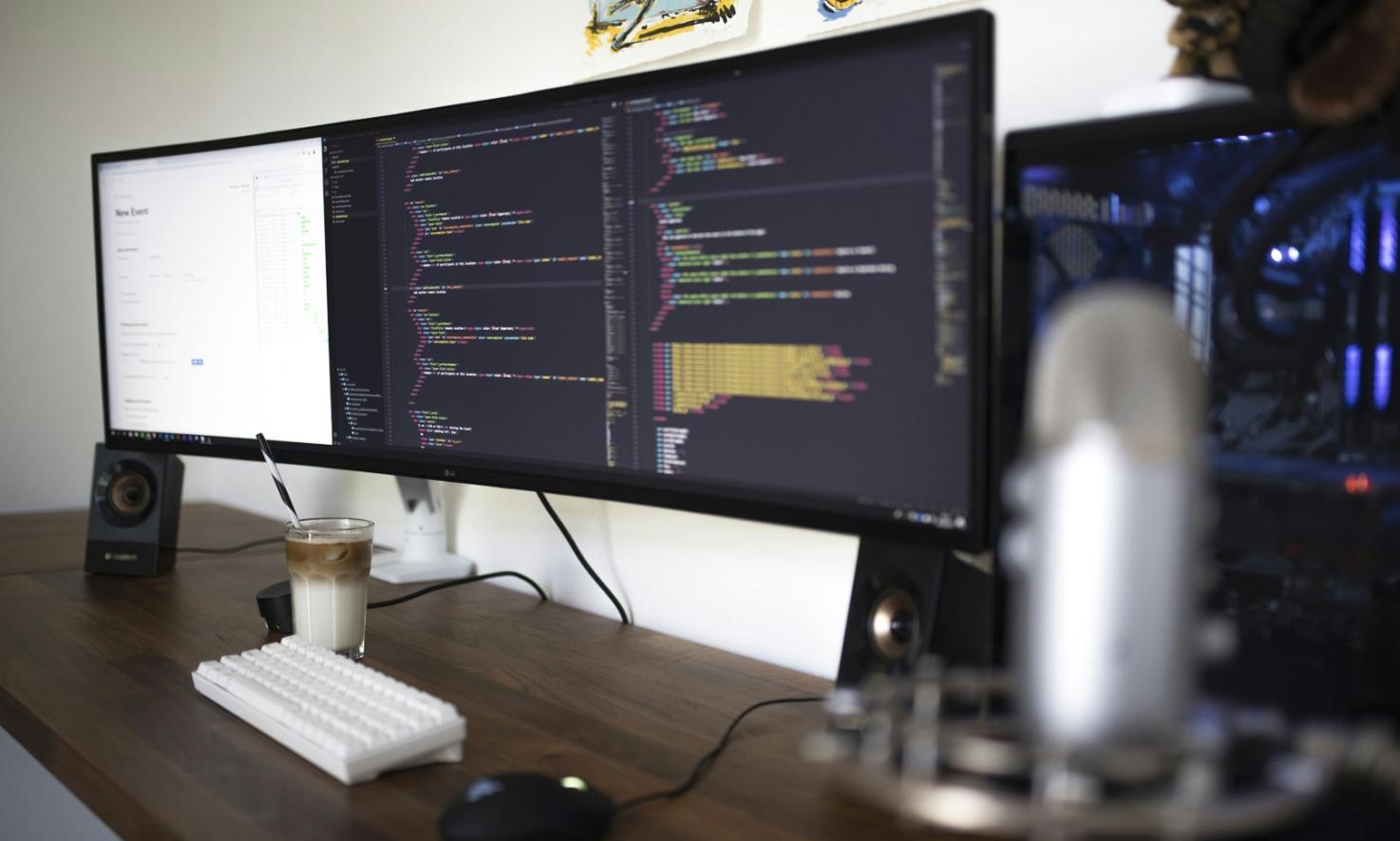Build Systems That Actually Work
Back-end development isn't about following tutorials. It's about understanding how servers think, how databases handle real traffic, and what happens when 10,000 users hit your API at once.
We teach through real scenarios. The kind where things break and you need to figure out why. Starting October 2025, our cohort focuses on decision-making over memorization.
You'll work with systems that mirror production environments. Because copying code from Stack Overflow only gets you so far.

How We Structure Your Learning Path
Every student hits different walls. Some struggle with database optimization, others with API design patterns. We use a branching approach where your next module depends on what you actually need to work on.
Assessment Phase
We start with a working system that has problems. Not toy problems – actual performance bottlenecks, security gaps, and scaling issues. You diagnose what's wrong before we tell you anything.
Targeted Modules
Based on where you struggled, you get assigned specific deep-dives. Someone who missed the database indexing issue gets different material than someone who couldn't spot the authentication flaw.
Application Projects
You build features for a shared application. Real git workflows, code reviews from instructors who've shipped production code, and the occasional merge conflict to sort out.
For Career Changers
If you're coming from a different field, the first month feels steep. We've had accountants, lab technicians, and one former chef in past cohorts. The pattern recognition skills you already have transfer better than you'd think.
Most career switchers take 8-10 months to feel confident. That's normal. Rushing through material just means you'll hit a wall later when concepts don't connect.
For Front-End Developers
You already know how to consume APIs. Now you'll understand why they're designed the way they are – and why some are frustrating to work with.
The transition usually clicks around month three when you start seeing the trade-offs. Fast responses versus data consistency. Simple endpoints versus flexible queries.
Real Projects We've Analyzed
Theory is useful. Seeing where theory failed in actual deployments is more useful. These are cases where students worked on systems that had real problems to solve.
Restaurant Booking System Collapse
A booking platform that worked perfectly in testing but started double-booking tables during lunch rush. The issue wasn't the code – it was transaction isolation levels that nobody thought to check.
Students traced through the database logs, reproduced the race condition, and then had to choose between pessimistic locking (slower but safer) or optimistic locking with retry logic (faster but more complex).
API Response Time Degradation
An e-commerce API that got slower every week. Profiling showed hundreds of database queries per page load. Classic N+1 problem that's obvious once you see it, invisible when you're writing the code.
The fix involved eager loading relationships and adding strategic caching. But the real lesson was about monitoring – the team had no alerts set up, so the degradation went unnoticed until customers complained.


Tomas Berglund
Lead Instructor
Spent seven years building infrastructure for fintech companies where downtime meant actual money lost. Now I teach the debugging approaches that kept me employed.
My students hear a lot of stories about production incidents. That's intentional – you learn more from things that broke than from things that worked first try.
Office hours run Tuesday and Thursday evenings, Taiwan time. I'm also reachable on our course Slack when you're stuck on something specific.
What Past Students Actually Say
The pace felt brutal for the first month. But Tomas was right when he said it would click around week six. Once I stopped trying to memorize everything and focused on understanding the patterns, it got easier. Still hard, just easier.
I appreciated that nobody promised me a job at the end. What I got was the ability to look at a system and understand what's happening. That's proven more valuable than any certificate would have been.
Next Cohort Starts October 2025
Applications open in July. We cap enrollment at 18 students because code review doesn't scale well beyond that. If you want to understand back-end systems instead of just using frameworks, this might work for you.
Get Program Details
